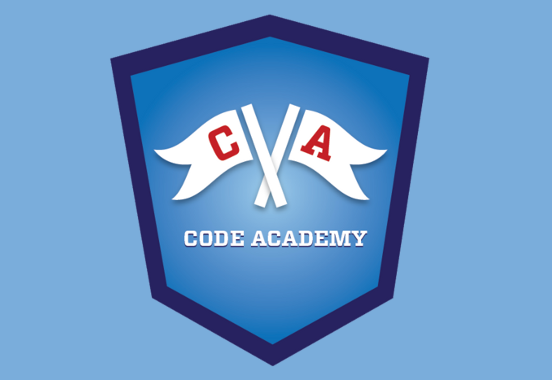Its registration time again folks! Have you ever walked away from an advisor feeling like you needed more guidance? Well here are tips from a real live senior that your advisor won’t tell you. The advisors at Mercy College work incredibly hard to satisfy our every need, however sometimes they are over burdened with nearly 10,500 students to cater to, some minor things get lost in translation.
5. Never take less than 5 Course a Semester.
Unless you would like to spend an extra semester in college, never take less than 5 courses per semester. If you’re a freshmen feeling a little uneasy about your ability to cope with the responsibilities of college, rather than lighten your course load try to take a few electives that you will enjoy.
4. Stick with Prerequisite Intro Courses
Were you a culinary or fashion design major in high school and then got to college only to realize you’d like to become a cell biologist? Well chances are advisors are going to try to get you into the lowest numbered biology course, before going that route try to take some intro to biology courses that will count as a prerequisite for higher level courses. If you’re really worried about taking a class that you have never taken before try to borrow a text book from someone and pre-read a few chapters, if you start to pick it up than you will be fine taking a regular introductory course. Also it’s a good idea to prearrange tutoring sessions and study groups the key is to be prepared for a lot of new material. Another tip would be to take only one or two science courses a semester until you are more comfortable with the subject.
Exception: Mathematics is the exception, if your advisor places you into a 100-level math course, DO NOT CHANGE IT. Placement in math courses is usually dependent upon test scores.
3. Online Courses Require Lots of Work.
The first time you take an online class you say to yourself “Man this is going to be a piece of cake.” Think Again! Online courses are the most assignment heavy courses you will ever take. Imagine having to do discussions every week, along with an assignment and a heavy amount of reading often times 2-3 chapters per week. The worst thing about online courses is that although you have due dates you are left up to complete them on your own time, which leads to procrastination. When you go to class often all you have to do is listen to a lecture and then leave, every once in a while you will have to turn in an assignment. If you can opt for on campus classes, being forced to spend 3 hours on coursework is a lot less work in the long run.
2. Before considering changing your major, run a What-if analysis.
Before deciding to change your major run a what if analysis, a what if analysis is a view of how many more classes you would need to take if you were to change your major. Usually an advisor will do this for you, however I suggest doing it at home and really taking time to weigh your options. You can see first hand what kind of classes you need to take to fulfill that major, you can realistically decide if you want to spend the extra time and money pursuing it. Also ask yourself if this major will require graduate school. Often you may not have to change your major and you can continue, graduate and still be eligible to apply to a graduate school for that discipline. For example if you’re a sophomore psychology major and you decide you want to become a medical doctor don’t suddenly change your major to biology. Instead find out what classes you need as prereqs for medical school and get advising on how to take those classes possibly as electives or even a dual major.
1. Graduating with certain degrees will not score you a job.
This is a mistake many freshmen are making in this tough economy, a bachelors degree is not worth as much as it used to be in the ‘90s. If you have a bachelor’s degree in Biology that is great, however you will not be hired to work in a lab or to do virtually anything without pursing higher education. A bachelor’s degree in any science is not a ticket to a job; rather it is a ticket to graduate school. Before you devote four years of your time and money, be sure that you know the job outlook. Most upperclassman realize this around their third year, however as a wide eyed and dewy freshmen you need to face the reality of a post recession world. Do research about your majors before you choose them; spend some time on payscale and monster.com just looking up employees (if any) looking for recent graduates with degrees in your major. It will give you an idea of how hard it will be to find a job when you graduate.










website seo • Mar 7, 2013 at 11:50 pm
Hello to every one, it’s in fact a nice for me to visit this web page, it includes important Information.